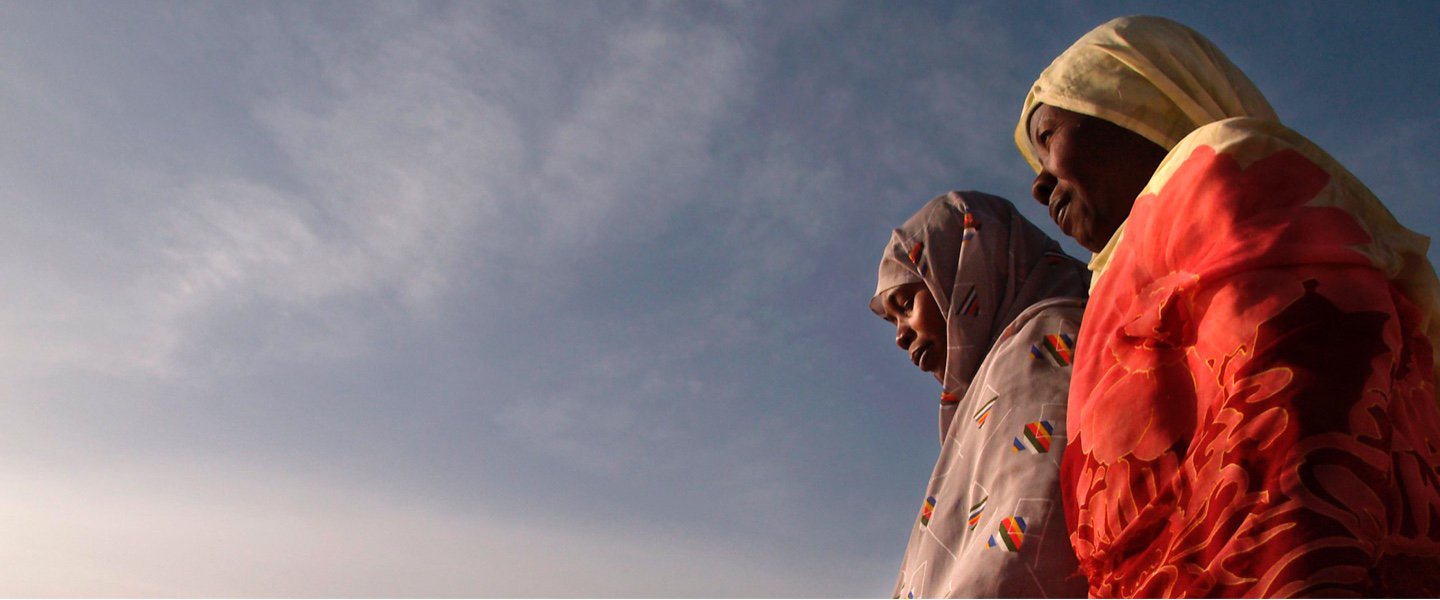The poorest countries eligible to borrow from IDA now spend over a tenth of their export revenues to service their long-term public and publicly guaranteed external debt—the highest proportion since the year 2000. The composition of public and publicly guaranteed external debt in IDA countries has shifted towards non-concessional external financing from non-Paris Club creditors and market-based debt. And rising interest rates and slowing global growth risk tipping many countries into debt crises.
The World Bank, together with the IMF and other global players, has deployed unprecedented financial support to mitigate the growing debt vulnerabilities exacerbated by the COVID-19 and overlapping crises. IDA continues to finance projects that support sustainable debt, and to implement its Sustainable Development Finance Policy—which is designed to incentivize countries to move towards transparent, sustainable financing and to promote coordination among creditors.
Under the Sustainable Development Finance Policy, a series of creditor outreach events have leveraged the World Bank’s role as a convener to promote stronger collective action and closer coordination among borrowing governments, lenders, rating agencies, multilateral development banks and civil society. This included several global, regional and country-level engagements including in:
- The Caribbean (February 2023)
- Sierra Leone (December 2022)
- Uganda (May 2022)
Other examples of IDA in action for supporting debt sustainability in countries, include:
In Tonga, IDA worked with the Global Facility for Disaster Reduction and Recovery to provide $8 million in emergency funding to strengthen resilience to natural and climate-related risks—including through adoption of a new medium-term debt management strategy and a policy on government guarantees.
In Sierra Leone, an IDA-supported $100 million Development Policy Financing grant includes a key reform on improving debt transparency and governance for state-owned enterprises. This builds on a programmatic reform plan to support sustainable, robust, and inclusive growth in the country.
Last Updated: Apr 09, 2023




